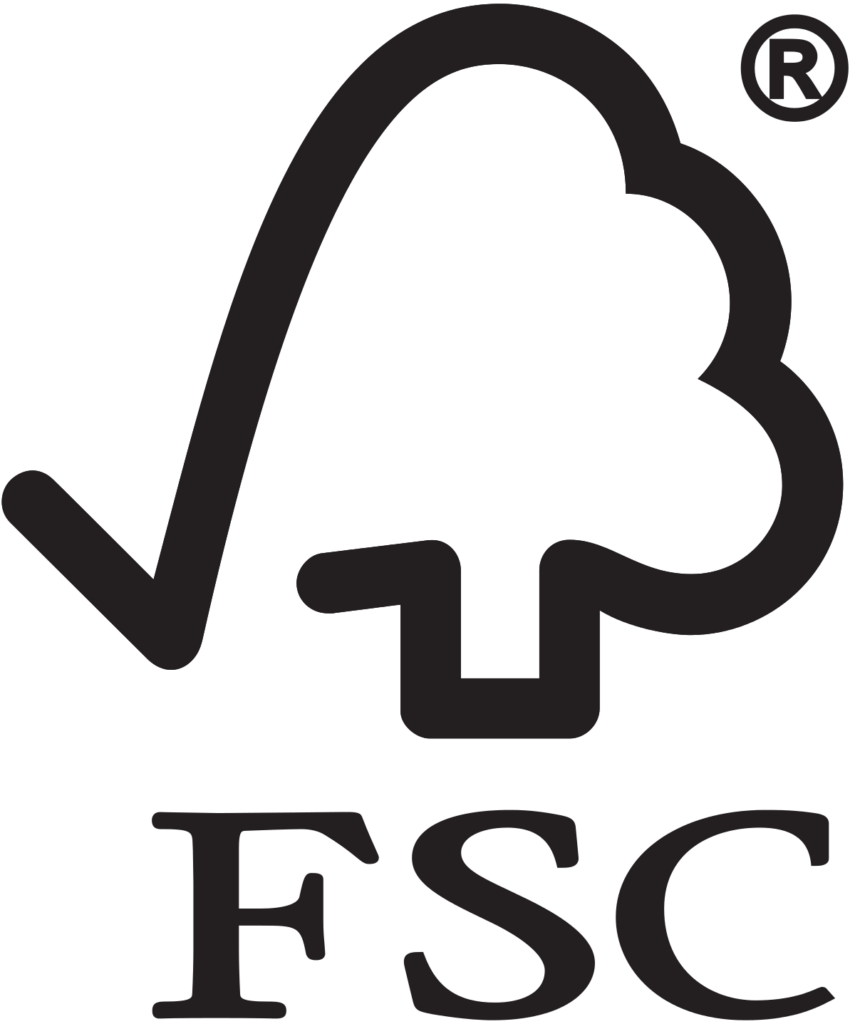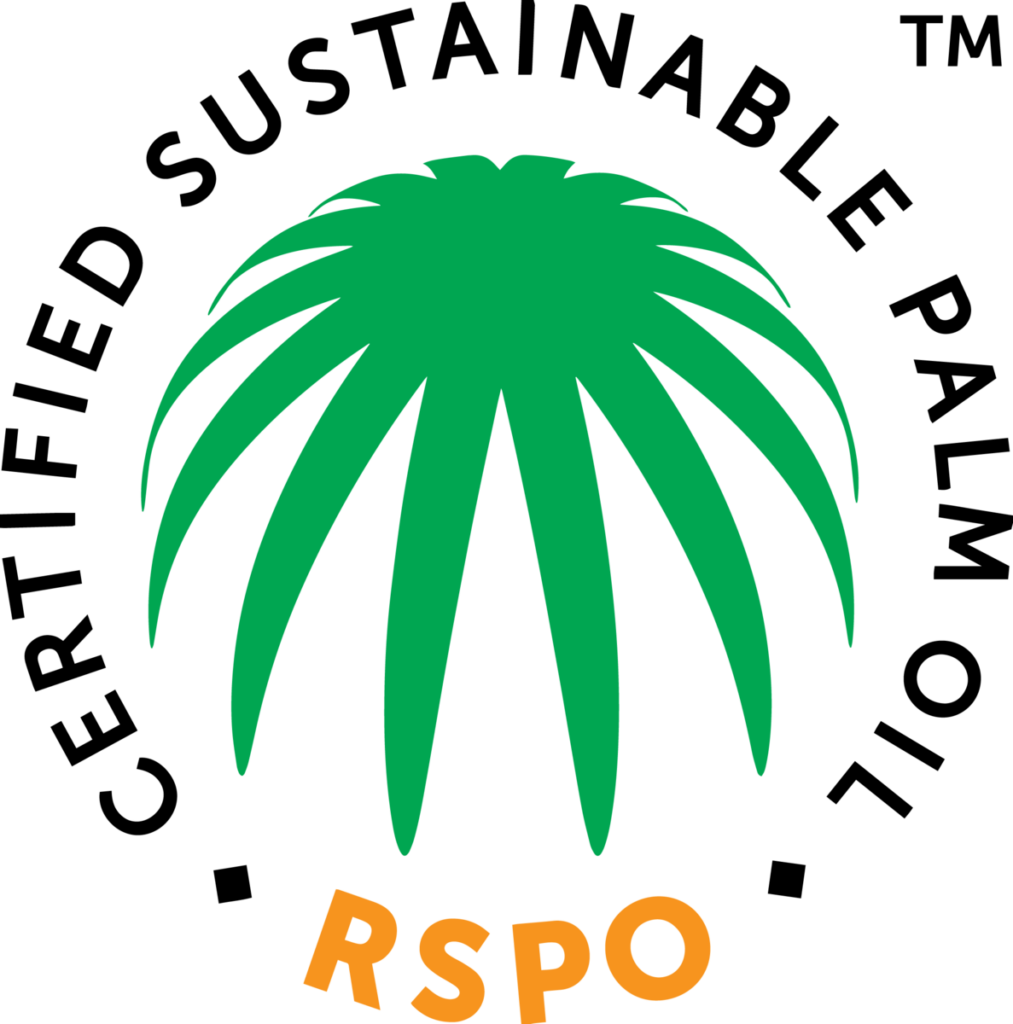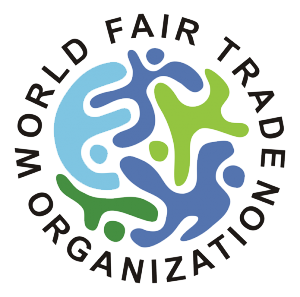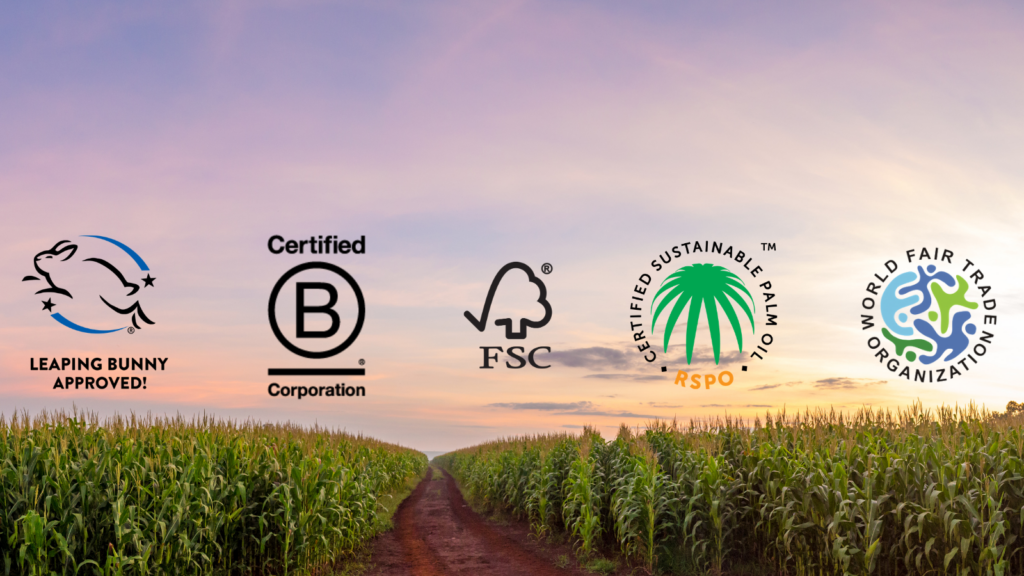To say that a brand / product is sustainable is easy. But what makes a brand sustainable ? Answering this question is not a simple exercise.
When it comes to product labels and claims, it is important to know what to look for and be aware that not all labels are trustworthy. The easiest way to navigate the many choices available is to research and educate ourselves.
Let’s take a look at some of the most widely sustainability and ethical labels and certifications :
Animal Certifications

1. Leaping Bunny
Certifying body : Cruelty Free International
Area : World
Sector : Beauty, Home
Cruelty free is a non-profit focused on ending animal experimentation worldwide. Their certification process is thorough, requiring a supply chain monitoring systems to be put in place by the company, checks for animal testing down to ingredient manufacturer level, and on-going third-party verification.
Better Business Certifications

2. Certified B Corporations
Certifying body : B Lab
Area : United States & World
Sector : General
The B corp movement was founded on the principle that government and non-profit can’t solve problems like inequality, poverty and climate change alone : good business can play their part too (by doing less harm.. obviously)
Certified B Corporations are businesses that meet the highest standards of verified social and environmental performance, public transparency, and legal accountability to balance profit and purpose.
Forest Certifications

3. Forest Stewardship Council Labels
Certifying body : Forest Stewardship Council
Area : World
Sector : Home, crafts, books
There are three FSC labels, which supposedly show a product has been responsibly sourced fro a sustainably managed forest : “100%” , “mix”, and ‘recycled” – which includes :
- protecting fragile ecosystems
- respecting native cultures and economies
- preventing illegal logging
- Restricting clear-cutting (removing all trees in a tract) and pesticide use
FSC was started by environmental groups in 1993, and is widely considered the best forestry certification program.

4. Roundtable on Sustainable Palm Oil (RSPO)
Certifying body : Roundtable on Sustainable Palm Oil (RSPO)
Area : World
Sector : general / Palm oil
Roundtable on Sustainable Palm Oil (RSPO) certification is a seal of approval that the palm oil used in the product is produced sustainable and volumes are traceable. The RSPO vision is to ‘transform the markets by making sustainable palm oil the norm’
FAIR TRADE Certifications

5. Guaranteed Fair Trade
Certifying body : World Trade Organisation
Area : World
Sector : Food, clothing
World Fair Trade Organisation (WFTO) is a democratically-run community of social enterprises that practice fair trade. To join, members have to demonstrate that they put people and planet first in everything they do, through a thorough process including self-assessment, auditing, peer visits and public scrutiny. WFTO focuses their assessment at the enterprise level, not the product level so it’s much more likely that their member organisations really do prioritise social responsibility and sustainable practices.
So, what sustainable labels do you look for when shopping ? Share your comment below !
Also Read :
A lot of products nowadays are showing labels like ‘100% eco-friendly’ but is it really a real deal or just gimmicky campaigns ? Read about greenwashing here.



